Latvian Prime Minister Indulis Emsis has described the movement to protect Russian schools as hostile to national interests
Published:
31 August 2004 y., Tuesday
Latvian Prime Minister Indulis Emsis has described the movement to protect Russian schools as hostile to national interests.
He also warned that if the security police find out the sources of financing for the headquarters of the forces, they may use this information after the mass protests against the school reform slated for the beginning of the academic year.
"We will use this information depending on how these forces hostile to Latvia end up acting. We will tolerate everything until September 1. For right now, it is important to get through September 1 so that children will be in school and everything will be calm," Emsis told BNS.
He said his Cabinet and law enforcers have enough information to keep the protests calm and free from incidents.
Emsis said his Cabinet attaches great significant to the protests and holds weekly meetings with a special working group to consider related matters.
"Unfortunately, there are forces that dislike peace and stability in Latvia, that want to undermine calm and tolerance in Latvia. We know who they are, what their objectives are and how to fight them," he said.
Šaltinis:
Interfax/BNS
Copying, publishing, announcing any information from the News.lt portal without written permission of News.lt editorial office is prohibited.
The most popular articles

The European Commission announced today the award of three of the six contracts for the procurement of Galileo’s initial operational capability.
more »
 Mobile phone giant Nokia is enlisting Britain’s young entrepreneurs to build new businesses using its career services app, JobLens. Launched in June, JobLens is a Windows Phone 8 app that helps users search for jobs in their local area.
more »
Mobile phone giant Nokia is enlisting Britain’s young entrepreneurs to build new businesses using its career services app, JobLens. Launched in June, JobLens is a Windows Phone 8 app that helps users search for jobs in their local area.
more »
 A new map of Antarctica illustrates for the first time how ice moves across the continent.
more »
A new map of Antarctica illustrates for the first time how ice moves across the continent.
more »
 The US Department of Defense's innovations arm, known as DARPA, has released test-flight video of its experimental hypersonic aircraft travelling at a speed of Mach 20, about 13,000 miles per hour.
more »
The US Department of Defense's innovations arm, known as DARPA, has released test-flight video of its experimental hypersonic aircraft travelling at a speed of Mach 20, about 13,000 miles per hour.
more »
 New Zealand scientists have developed a designed to reduce the number of bird strikes at airports.
more »
New Zealand scientists have developed a designed to reduce the number of bird strikes at airports.
more »
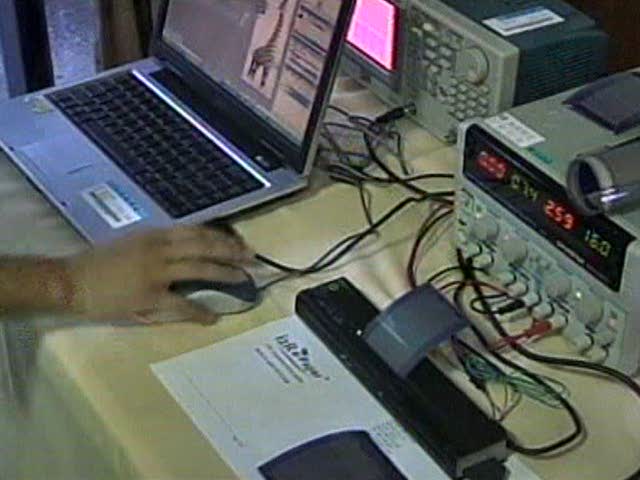 Taiwanese researchers are taking recycling to a new level with "i2r e-Paper", a rewritable electronic paper that can be re-used up to 260 times. The developers say their e-paper will soon replace the conventional paper used for signs and posters.
more »
Taiwanese researchers are taking recycling to a new level with "i2r e-Paper", a rewritable electronic paper that can be re-used up to 260 times. The developers say their e-paper will soon replace the conventional paper used for signs and posters.
more »
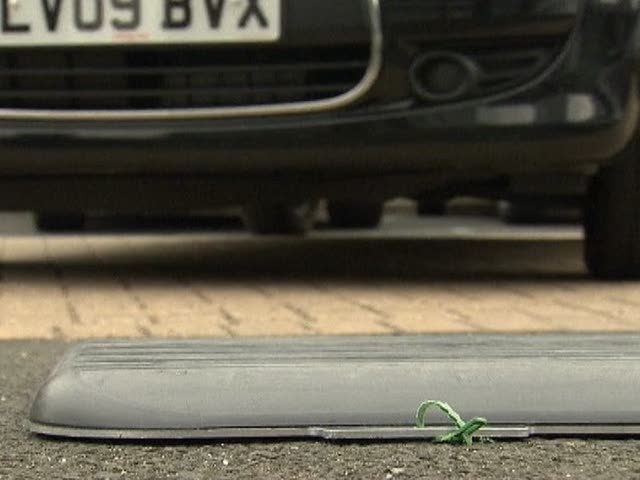 Wireless car technology promises charge-free future for motorists
While electric-powered cars are rapidly gaining momentum as a viable alternative to conventional petrol-driven vehicles, there are now moves afoot to produce cars that can be charged wirelessly. The technology behind wireless electric cars could herald an idyllic future for motorists in which they can drive as far as they like without ever worrying about recharging.
more »
Wireless car technology promises charge-free future for motorists
While electric-powered cars are rapidly gaining momentum as a viable alternative to conventional petrol-driven vehicles, there are now moves afoot to produce cars that can be charged wirelessly. The technology behind wireless electric cars could herald an idyllic future for motorists in which they can drive as far as they like without ever worrying about recharging.
more »
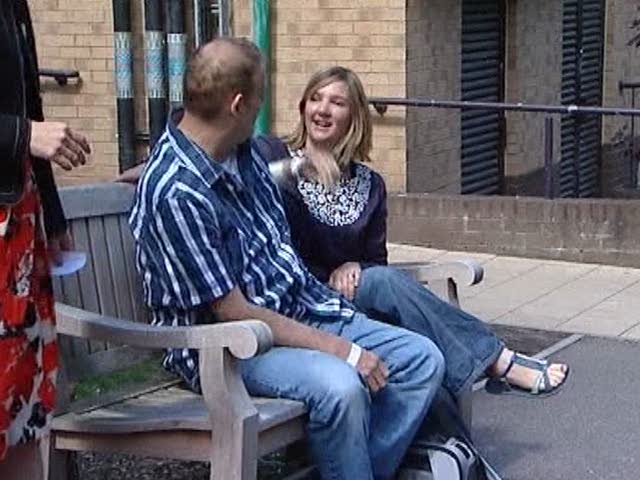 A British man is preparing to leave hospital after pioneering surgery to install an artificial heart implant. The implant is powered by a portable driver worn in a shoulder bag and is designed to keep Matthew Green alive while he waits for a heart transplant.
more »
A British man is preparing to leave hospital after pioneering surgery to install an artificial heart implant. The implant is powered by a portable driver worn in a shoulder bag and is designed to keep Matthew Green alive while he waits for a heart transplant.
more »
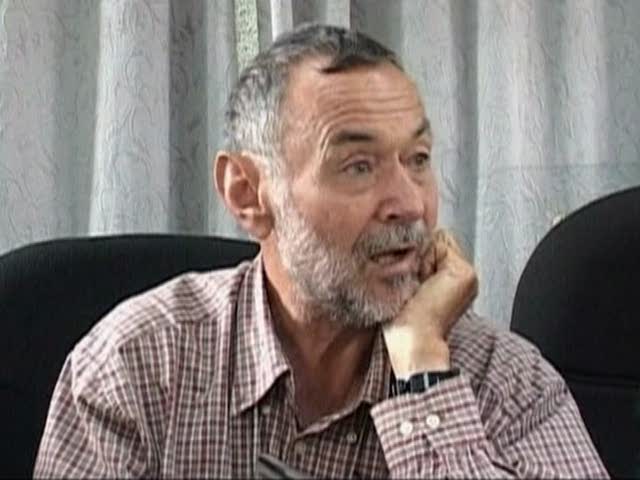 A twenty million year-old fossil, thought to be from a distant cousin of modern apes, is discovered in Uganda.
more »
A twenty million year-old fossil, thought to be from a distant cousin of modern apes, is discovered in Uganda.
more »
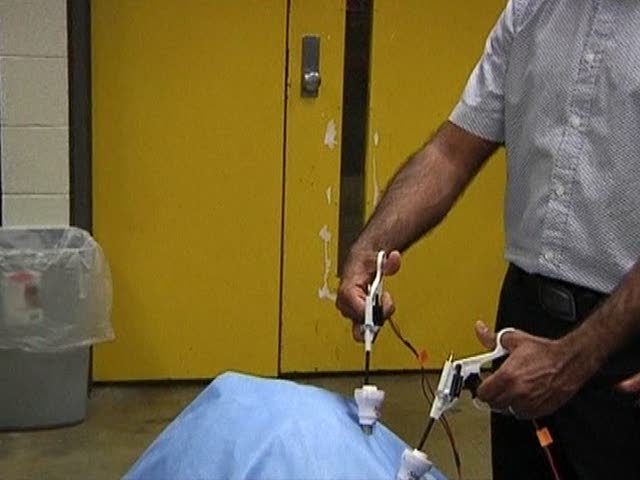 Forget scrubbing up, a new virtual surgery simulator uses the latest computer technology to train surgeons for laproscopic surgery, dramatically decreasing the need for practice on human patients.
more »
Forget scrubbing up, a new virtual surgery simulator uses the latest computer technology to train surgeons for laproscopic surgery, dramatically decreasing the need for practice on human patients.
more »
 A group of British scientists have expressed concerns that experiments on primates could give rise to a 'Planet of the Apes' type scenario.
more »
A group of British scientists have expressed concerns that experiments on primates could give rise to a 'Planet of the Apes' type scenario.
more »